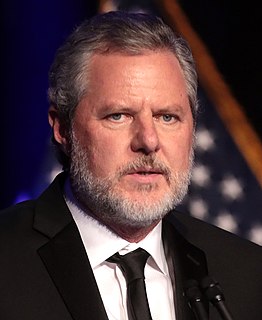A Quote by Peter Kreeft
The Inquisition confused sin with sinners and judged both. Modern Americans make the same mistake but judge neither.
Related Quotes
Both read the same Bible, and pray to the same God; and each invokes His aid against the other. It may seem strange that any men should dare to ask a just God's assistance in wringing their bread from the sweat of other men's faces; but let us judge not that we be not judged. The prayers of both could not be answered; that of neither has been answered fully.
Evil is neither suffering nor sin; it is both at the same time, it is something common to them both. For they are linked together; sin makes us suffer and suffering makes us evil, and this indissoluble complex of suffering and sin is the evil in which we are submerged against our will, and to our horror.
Almost every sin is committed for the sake of sensual pleasure; and sensual pleasure is overcome by hardship and distress arising either voluntarily from repentance, or else involuntarily as a result of some salutary and providential reversal. 'For if we would judge ourselves, we should not be judged; but when we are judged, we are chastened by the Lord, so that we should not be condemned with the world.' (1 Cor. 11:31-32).
To create guilt, all that you need is a very simple thing: start calling mistakes, errors - sins. They are simply mistakes, human. Now, if somebody commits a mistake in mathematics - two plus two, and he concludes it makes five - you don`t say he has committed a sin. He is unalert, he is not paying attention to what he is doing. He is unprepared, he has not done his homework. He is certainly committing a mistake, but a mistake is not a sin. It can be corrected. A mistake does not make him feel guilty. At the most it makes him feel foolish.
Justice is the recognition of the fact that you cannot fake the character of men as you cannot fake the character of nature, that you must judge all men as conscientiously as you judge inanimate objects, with the same respect for truth, with the same incorruptible vision, by as pure and as rational a process of identification-that every man must be judged for what he is and treated accordingly.
For Christians above all men are forbidden to correct the stumblings of sinners by force...it is necessary to make a man better not by force but by persuasion. We neither have authority granted us by law to restrain sinners, nor, if it were, should we know how to use it, since God gives the crown to those who are kept from evil, not by force, but by choice.





































